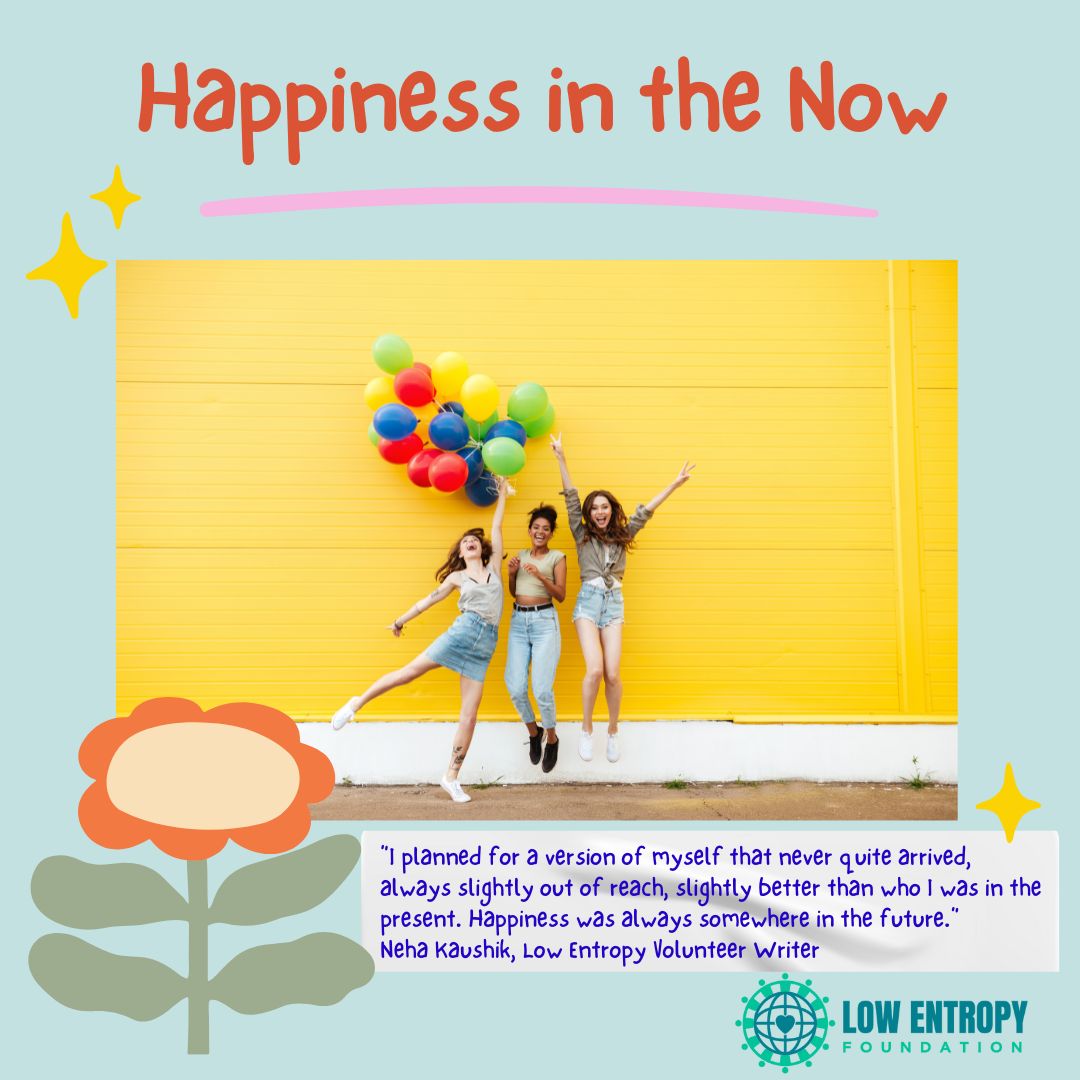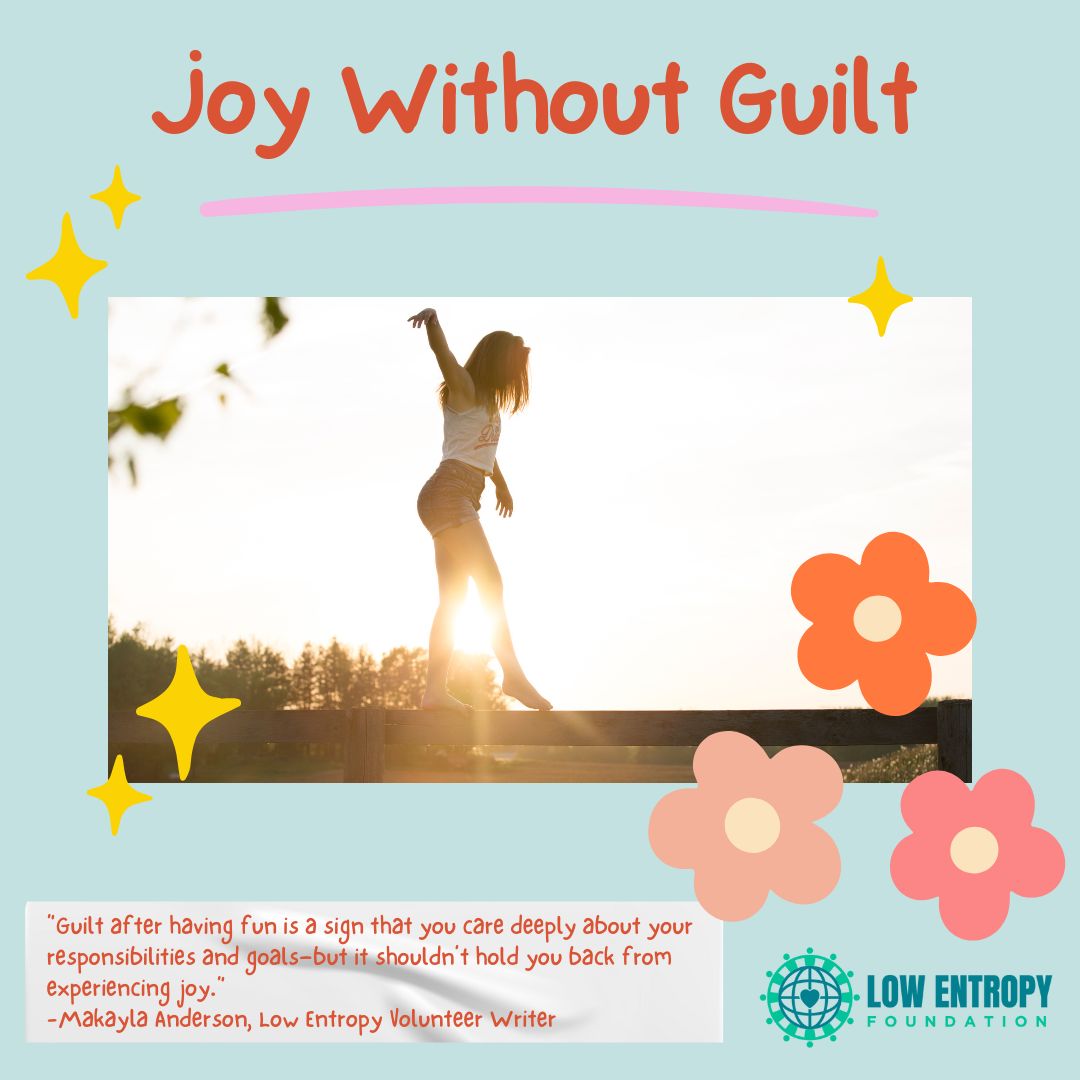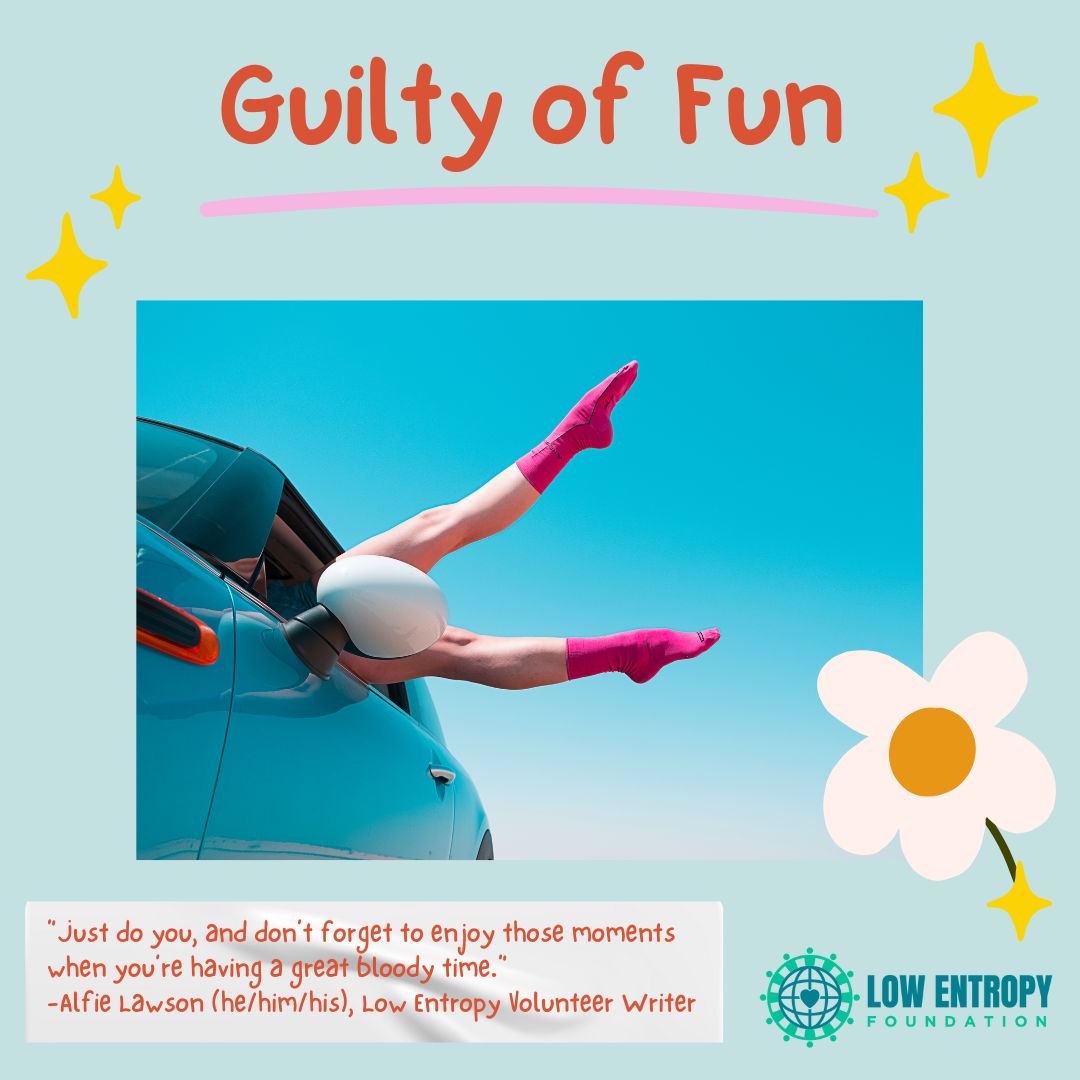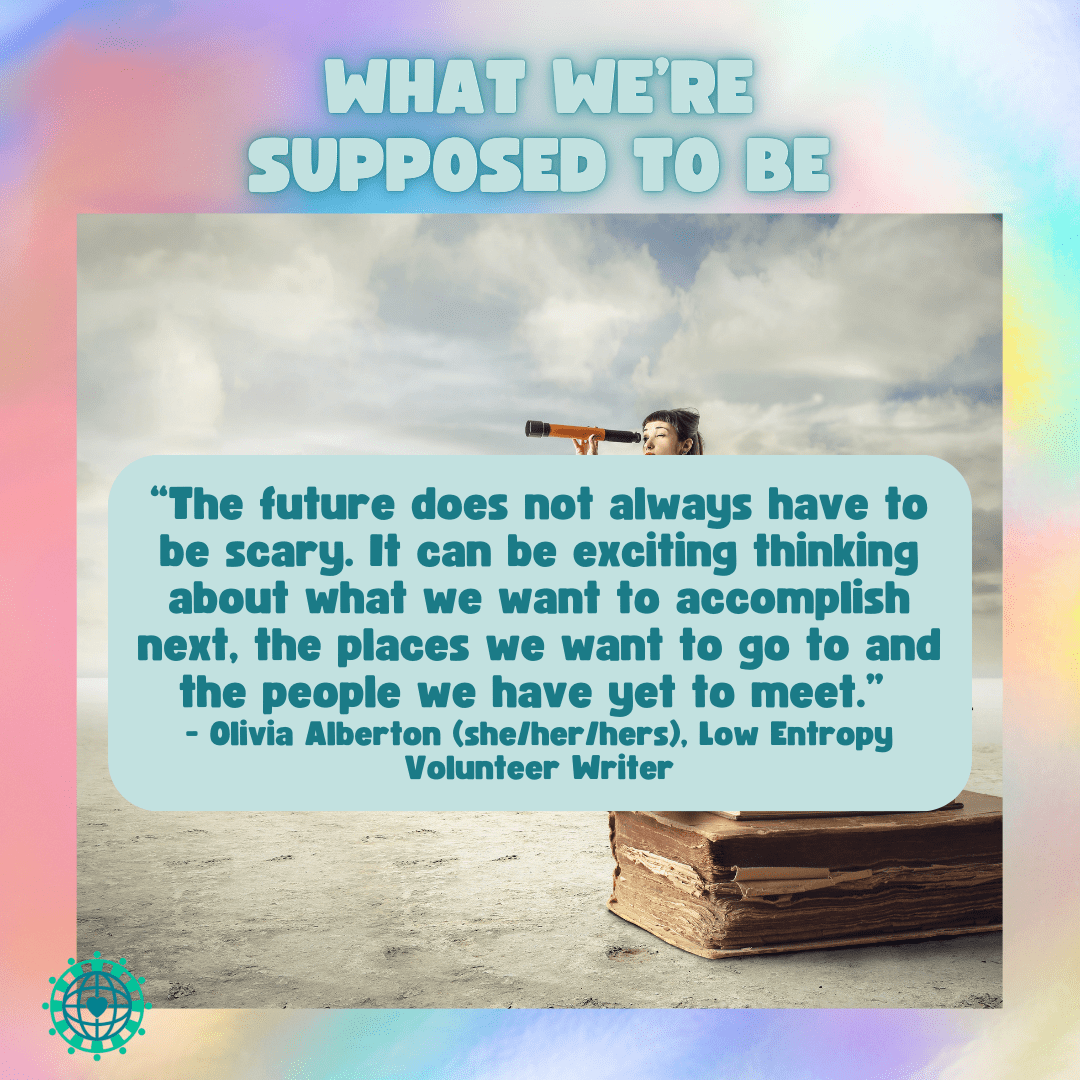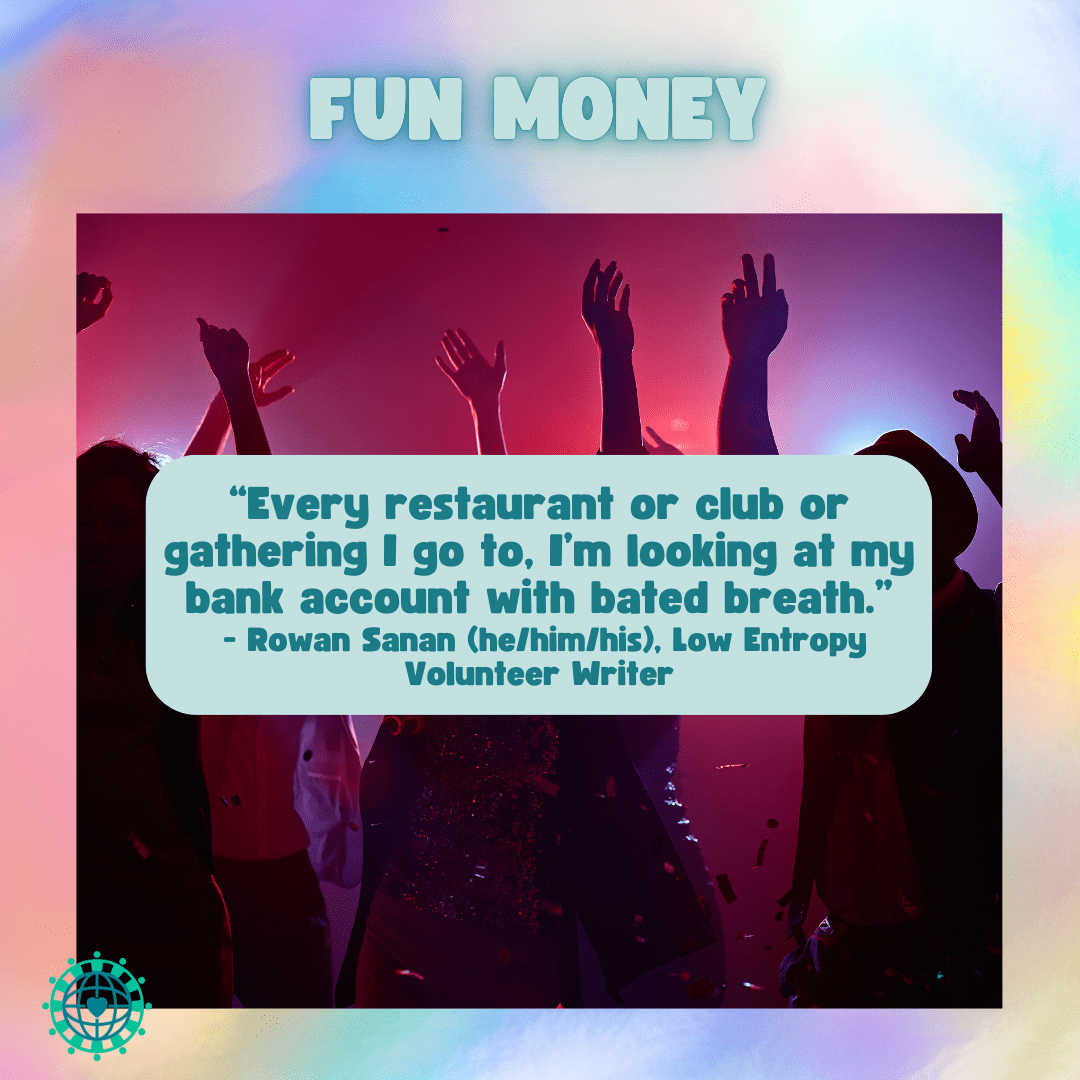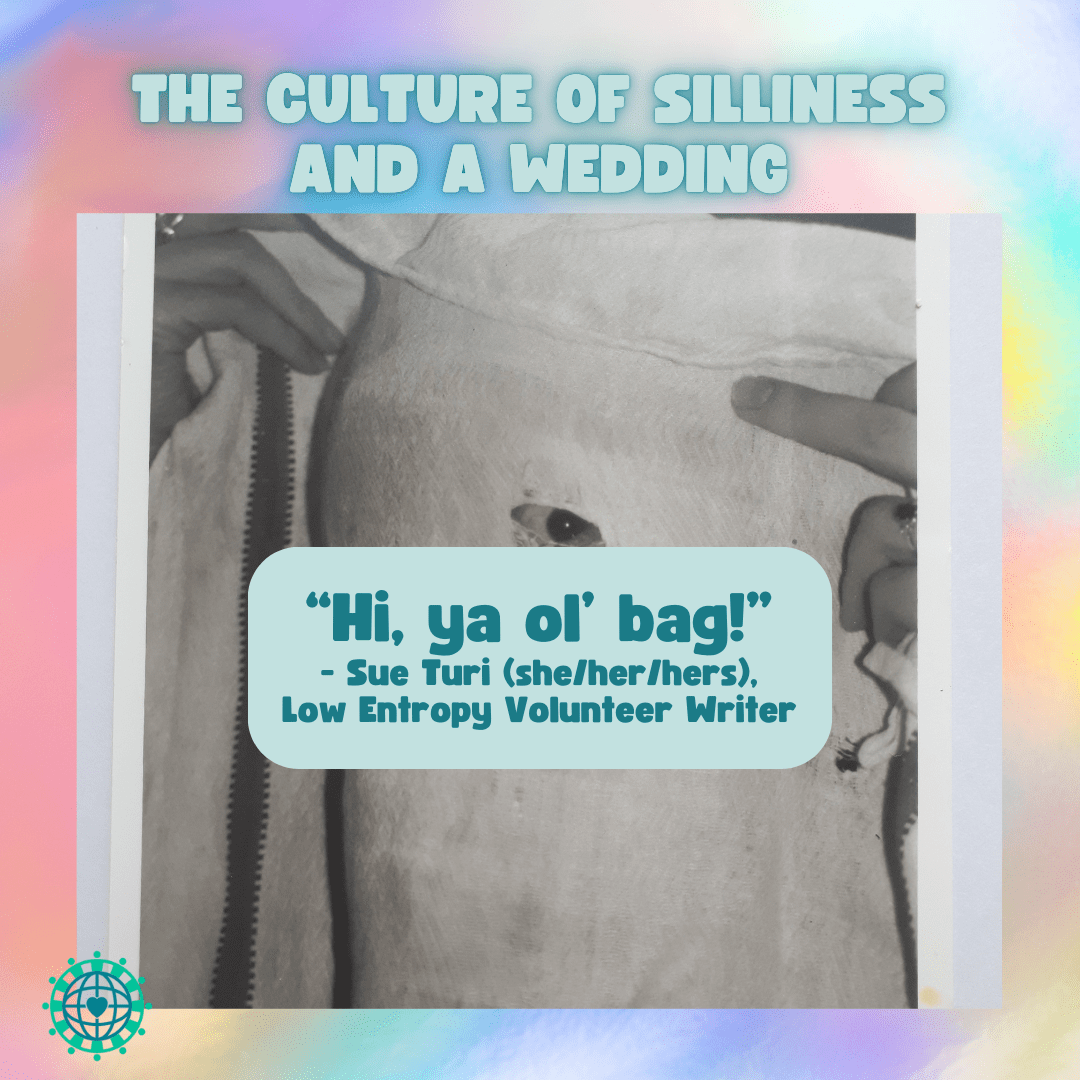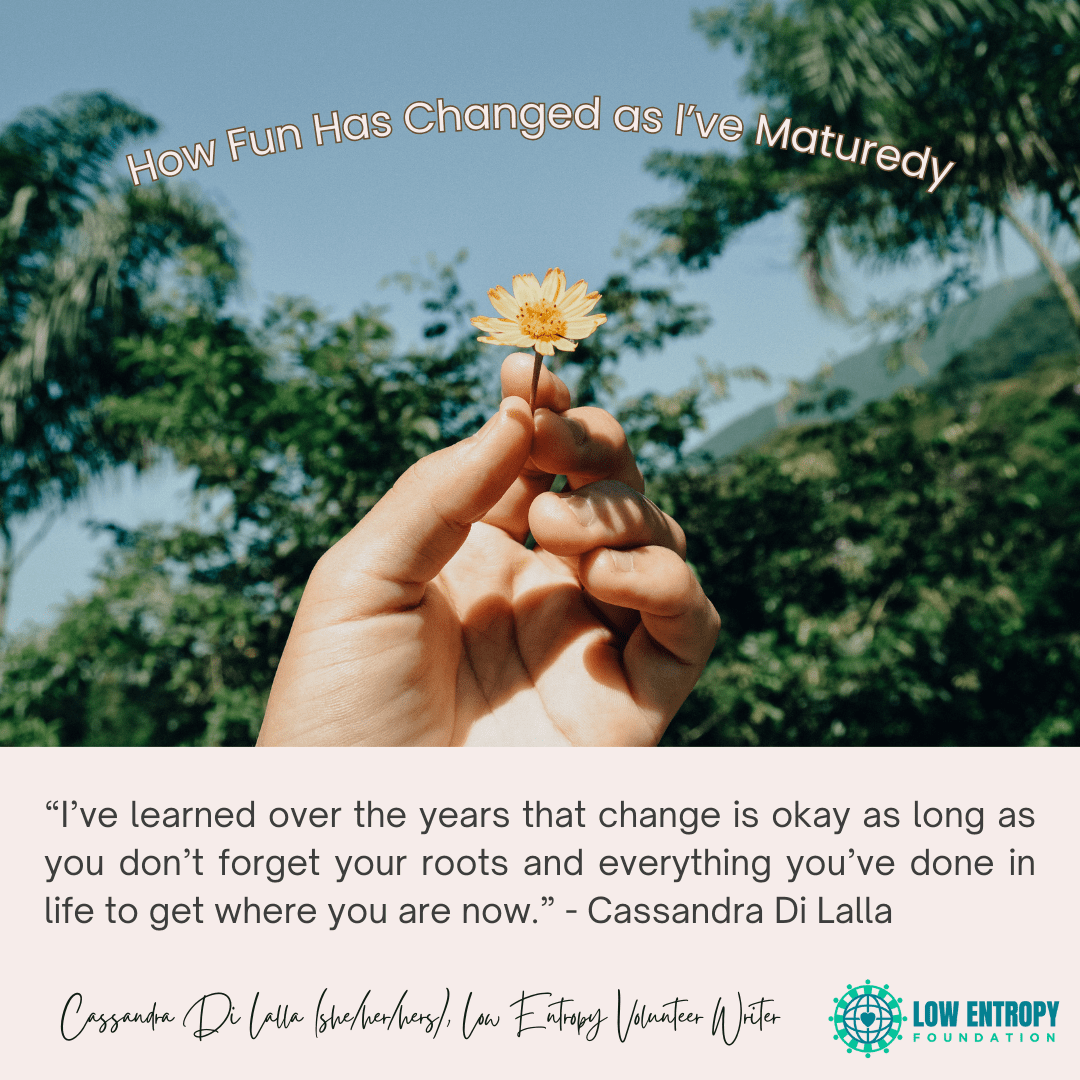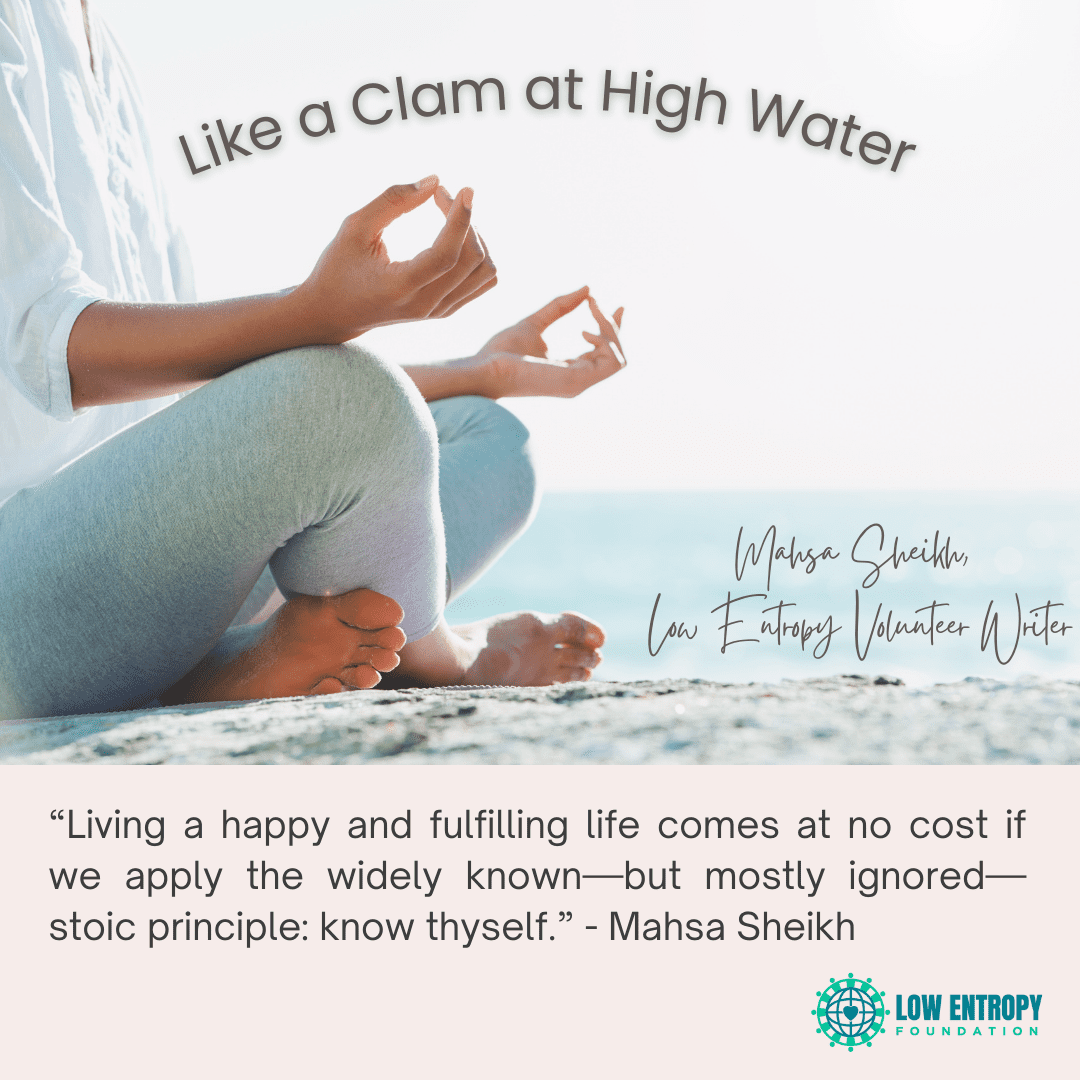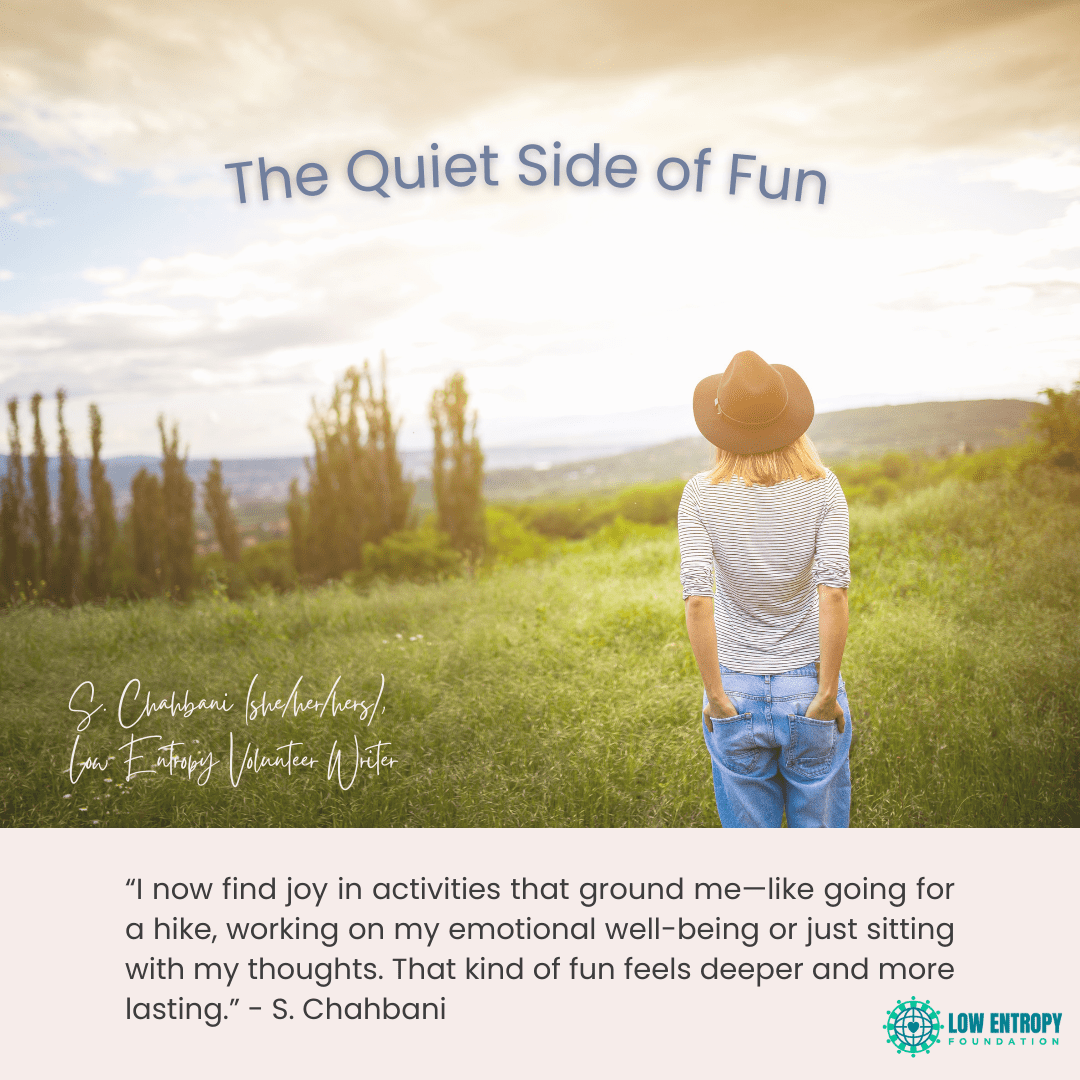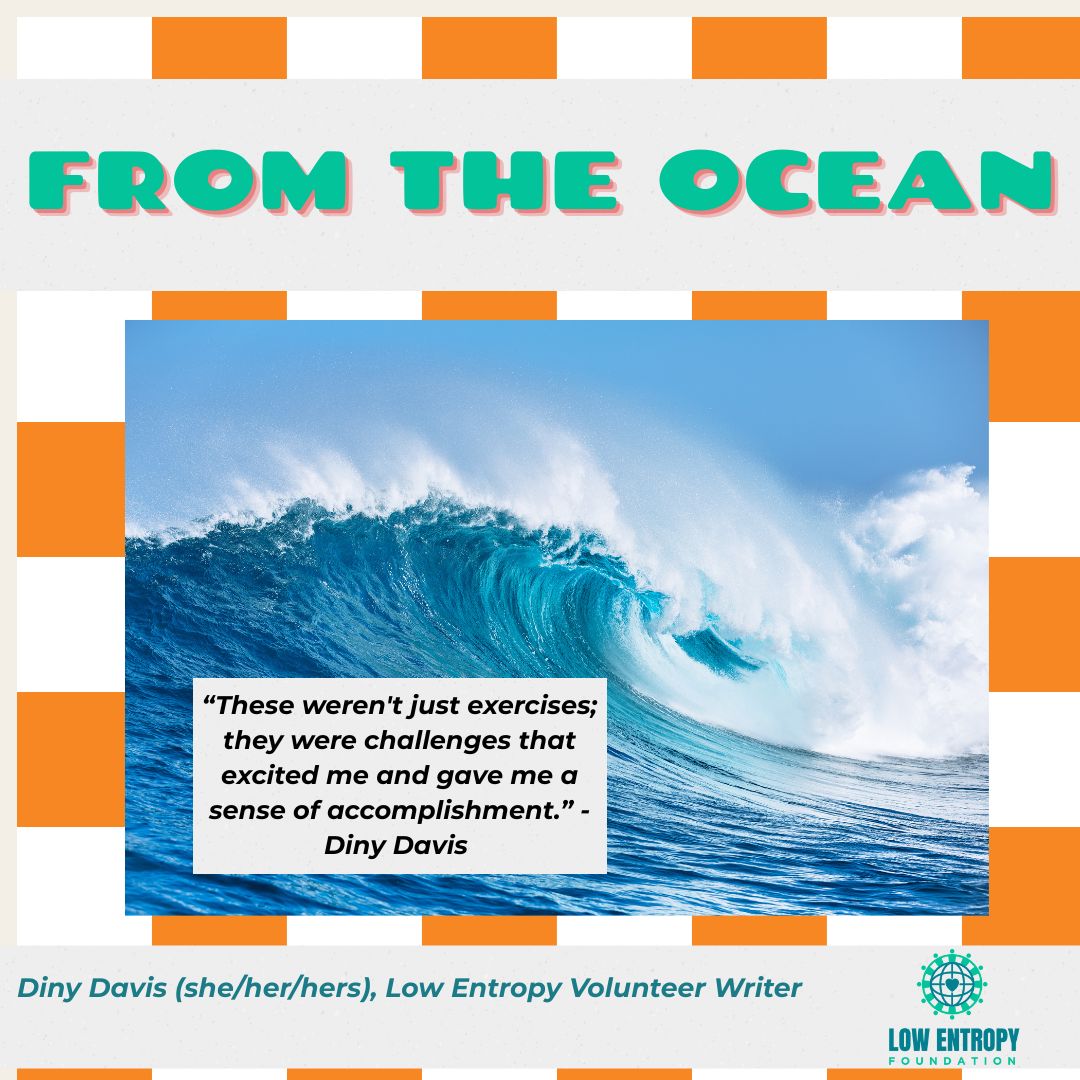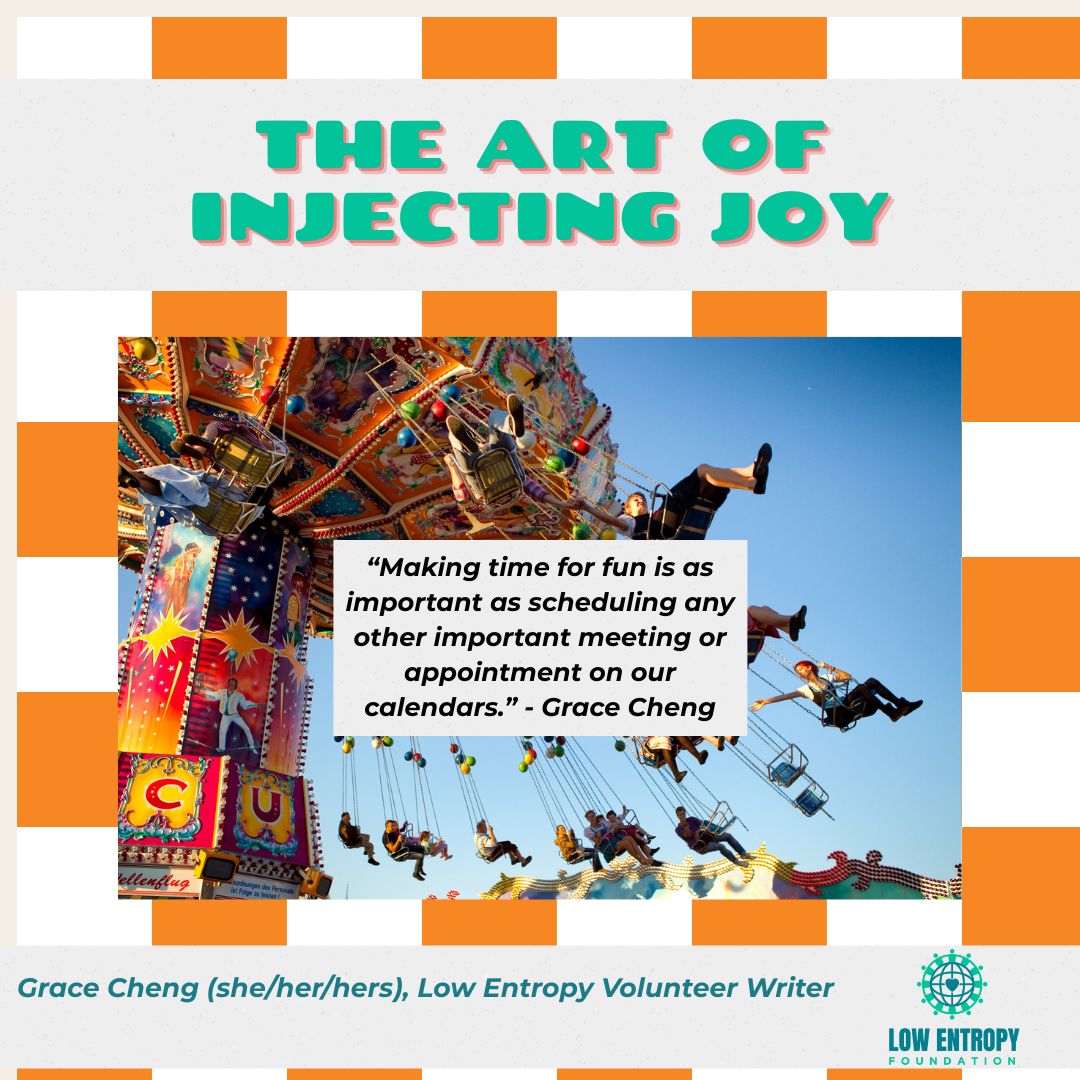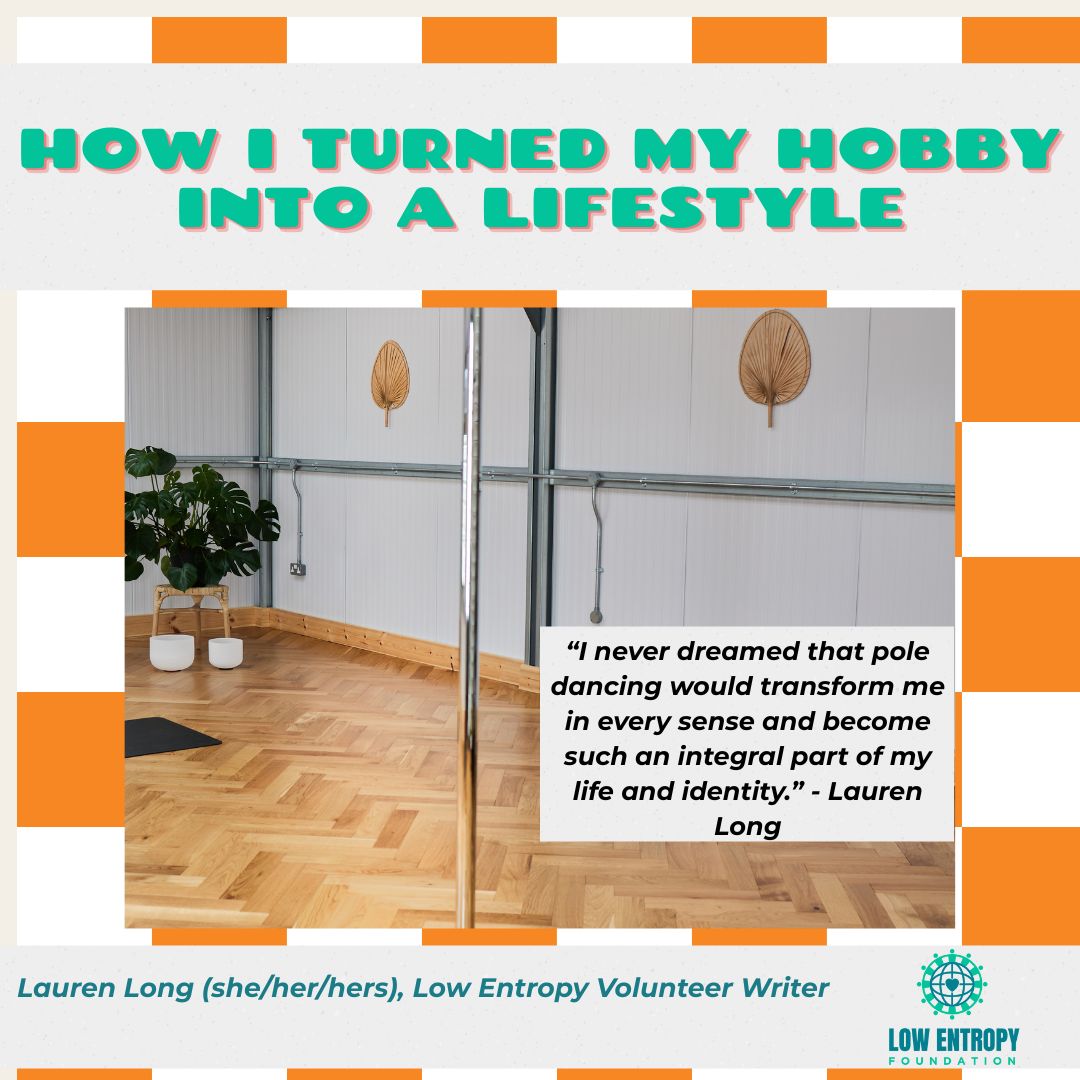Neha Kaushik, Low Entropy Volunteer Writer
For the longest time, I lived for the future. Every decision, every sacrifice, every moment I let slip away was justified by the idea that something better was waiting for me just ahead. I built my life around blueprints, five-year plans, and meticulously crafted visions of the future, when I would be 30, 45 or 50 years old.
The future, however, never arrives the way we expect it to. My plans from my teens and 20s are now in archives, like a script that never could make the cut to become a movie.
Every time I finally reached a milestone I had obsessed over, instead of relief, there was another plan, another goal, another thing to chase. My life was an endless cycle of preparing for a future that, once it arrived, had already turned into the present—just as unsatisfactory, just as uncertain as the moment before.
The Lies We Tell Ourselves About the Future
Planning felt like power, and control felt like security. As if knowing what was ahead would somehow protect me from pain, failure or regret. And so I planned. I charted out careers, relationships, financial goals. I delayed joy, thinking that happiness would come later—when I got the promotion, when I met the right person, when I finally had enough money to buy the life I thought I deserved.
I planned for a version of myself that never quite arrived, always slightly out of reach, slightly better than who I was in the present. Happiness was always somewhere in the future.
The Anxiety of Expectation
The worst part wasn’t even the disappointment when the future looked nothing like I had imagined. The worst part was the waiting.
The sleepless nights filled with “what ifs.” The anxiety that came with wondering if I was on the right track. The stress of making decisions today that were supposed to serve a future I couldn’t even predict.
Expectations were my prison.
I missed a lot—the laughter over coffee, the comfort of familiar streets, the quiet beauty of an unplanned afternoon—because my mind was always somewhere else, living in a future that was nothing more than a projection of my own fears and hopes.
Reality is Always Different Than the Plan
Nothing—and I mean nothing—ever happened the way I thought it would.
The person I thought I would marry became a stranger. The career I once dreamed of became a burden. The city I imagined myself thriving in became suffocating.
I had tied my happiness to an expectation that never materialized. It wasn’t until I truly sat with this realization that I understood something profound: the future is none of my business.
The Moment That Changed Everything
I can’t pinpoint one dramatic turning point where I suddenly let go of the need to control my life. It wasn’t a cinematic epiphany—it was a slow, agonizing unraveling. It was realizing, little by little, that my need for certainty was poisoning the very life I was trying to create.
I stopped planning out of exhaustion. Different questions surfaced in my head.
What if I let the future take care of itself? What if, instead of chasing a version of happiness I had constructed in my mind, I let happiness find me, in the middle of an ordinary day, in the places I wasn’t even looking?
Learning to Be Here, Now
It wasn’t easy. In fact, it was terrifying. To let go of control. To stop obsessing over the outcome. To embrace the idea that maybe, just maybe, life knew what it was doing even if I didn’t.
I started with small things.
- I stopped postponing joy. If I wanted to take a trip, I took it.
- I let go of timelines. I stopped measuring success by arbitrary deadlines—marriage by 30, financial stability by 35, life figured out by 40.
- I allowed things to unfold. Instead of forcing relationships, friendships and career moves into predetermined shapes, I let them evolve naturally.
- I learned to sit in uncertainty. It’s uncomfortable, yes. But so is clinging to an illusion of control that never truly exists.
The freedom it brought was as delicious as tea brewed patiently on low-simmering heat.
The Truth About Living in the Moment
Living in the moment doesn’t mean being reckless or abandoning ambition or ignoring the future entirely. It simply means understanding that happiness is not a destination—it’s something that exists only in the now.
When you let go of the idea that life is only worth living once you reach a certain milestone, you start realizing that life is happening now.
In the way your coffee tastes on a quiet morning. In the warmth of a hand holding yours. In the laughter you didn’t see coming.
In the moment you finally stop waiting for the future and start being here, now.
Let Life Surprise You
I don’t know what tomorrow will bring. I have ideas, yes. Hopes. Dreams. But I no longer live under the illusion that I can predict it, or worse, that I should.
Because some of the best things in my life—the people, the opportunities, the moments that took my breath away—were things I never planned for.
So I let life surprise me.
And in doing so, I have finally, truly, learned to live.
—
Leave your thoughts for Neha in the comments below. You can also follow us on Facebook, Instagram, TikTok, Twitter and YouTube to stay up-to-date with Low Entropy news!







